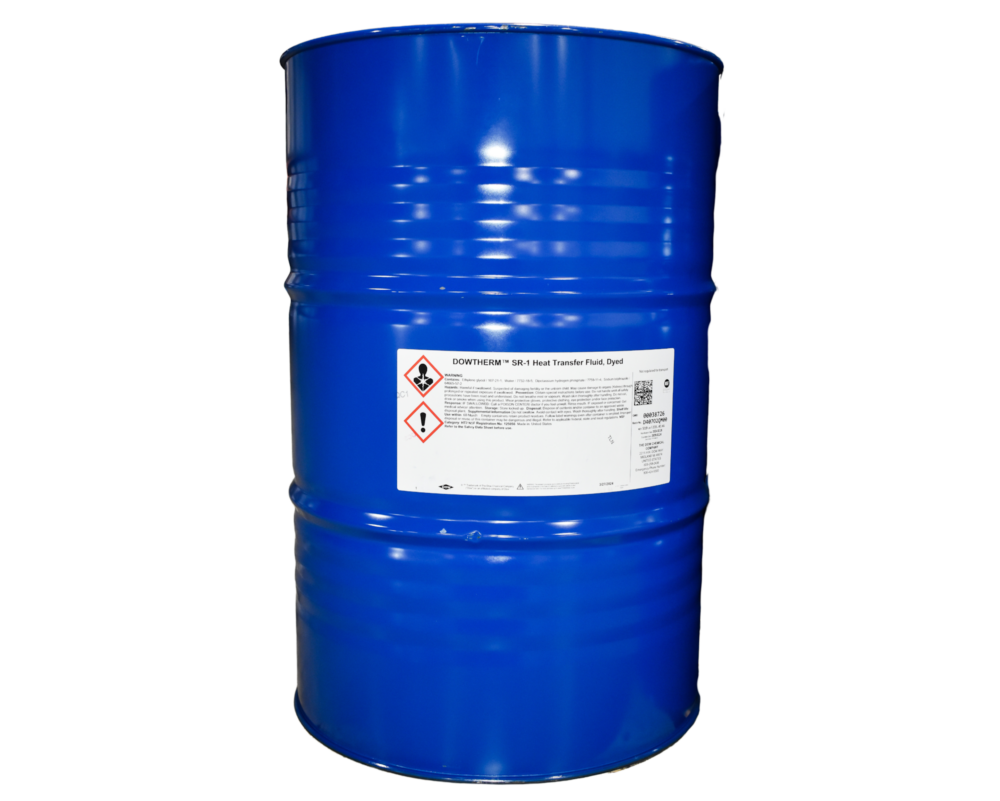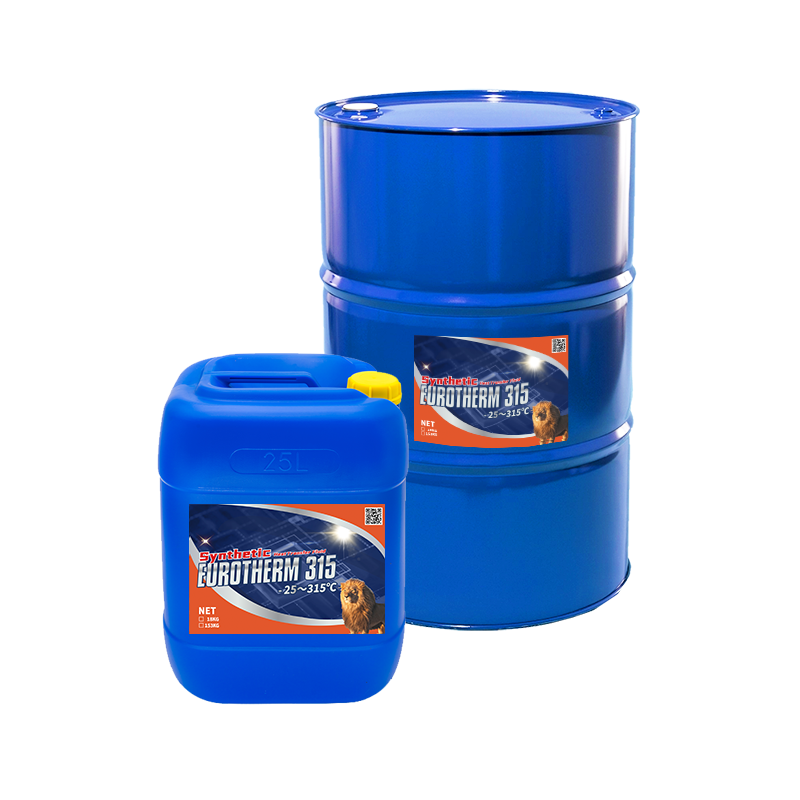Leading Factors To Consider for Picking the Right Heat Transfer Fluid for Your Demands
Leading Factors To Consider for Picking the Right Heat Transfer Fluid for Your Demands
Blog Article
Why Heat Transfer Fluid Is Essential for Optimizing Energy Transfer in Solution
The function of warm transfer fluids in optimizing energy transfer is crucial for attaining reliable thermal administration across various commercial markets. These liquids promote smooth heat exchange, guaranteeing processes run within ideal temperature arrays and reducing the risk of getting too hot.

Duty in Thermal Monitoring
Warmth transfer liquids play a critical duty in thermal monitoring by effectively controling temperatures in various commercial procedures and systems. These specialized fluids help with the transfer of heat in between various elements, guaranteeing optimal operating problems and stopping overheating. By preserving specific temperature level control, warm transfer fluids enable sectors such as chemical manufacturing, oil and gas, and power generation to operate securely and successfully.
The selection of a proper warmth transfer fluid relies on a number of elements, including thermal stability, warm ability, and thickness. High thermal security makes sure that the liquid can hold up against extreme temperatures without breaking down, while a high heat ability enables it to soak up and release substantial amounts of warm - heat transfer fluid. Reduced viscosity reduces the energy needed for pumping, adding to overall system performance
Additionally, warmth transfer fluids are indispensable in applications like refrigeration, where they assist soak up and dissipate heat throughout the cooling cycle. In solar thermal energy systems, these fluids capture and transport solar warmth to generate electricity or supply warm water. Their versatility to varied operating conditions and capacity to preserve constant thermal efficiency highlight their relevance in industrial thermal administration, promoting operational connection and boosting safety procedures.

Enhancing System Performance
To make best use of the advantages of thermal management, improving system effectiveness via the critical usage of warmth transfer liquids is paramount. By maintaining optimum temperature levels, warm transfer fluids help guarantee that systems operate within their developed criteria, thereby preventing overheating and lowering the danger of part failing.

Kinds Of Warmth Transfer Liquids
The variety of warmth transfer liquids emphasizes their important function in a variety of industrial applications, each tailored to meet details thermal administration requirements. These fluids assist in reliable power transfer and are picked based on vital buildings such as thermal stability, viscosity, and warmth capability. The key kinds consist of water, glycol services, oils, and synthetics, each offering unique benefits.
Water is one of the most common heat transfer medium due to its high specific warm capability and low cost. Its use is limited by its cold and steaming factors. Glycol blends, frequently used in cooling and heating systems, give a reduced cold factor, including versatility in different environments. Mineral oils are preferred for their thermal security and non-corrosive nature, making them ideal for high-temperature applications.

Synthetic fluids, consisting of silicone and aromatic substances, offer extraordinary thermal stability and are made use of in atmospheres requiring extreme temperature varieties. These fluids ensure premium performance in systems where conventional liquids might stop working. The choice of a warmth transfer liquid is essential, as it affects system efficiency, safety and security, and longevity. Each kind should be chosen to straighten with the functional needs and the click to read certain problems of the application it offers.
Environmental and Economic Perks
Utilizing the right heat transfer fluids offers considerable environmental and economic benefits for commercial procedures. By selecting fluids with superior thermal security and high warm capacity, markets can enhance power effectiveness, resulting in minimized gas consumption and reduced greenhouse gas exhausts. This adds to a smaller sized carbon footprint and lines up with worldwide sustainability objectives. Eco-friendly warm transfer liquids, usually eco-friendly and non-toxic, decrease the risk of soil and water contamination in case of leaks or spills, consequently shielding ecosystems and conforming with strict environmental guidelines.
Financially, the best warmth transfer liquid can substantially reduce functional costs. Liquids with extensive lifecycle efficiency lower the frequency of replacements and upkeep, minimizing downtime and associated prices. In general, the critical usage of ideal warm transfer fluids supports sustainable financial development and ecological stewardship.
Selecting the Right Fluid
Just how does one navigate the complex procedure of selecting the best warmth transfer fluid for commercial applications? Thermal security guarantees the fluid can stand up to high temperatures without deteriorating, while compatibility avoids rust or various other damaging reactions with system elements.
Additionally, the fluid's warm ability and thickness are extremely important. A high heat ability permits the fluid to soak up and transfer more power, boosting efficiency.
Verdict
The tactical option and application of warmth transfer fluids are fundamental to maximizing energy transfer you can try here across various systems. By guaranteeing high thermal security and ability, these fluids supply accurate temperature control and improve overall system efficiency. This optimization contributes to minimized operational prices and lower greenhouse gas emissions, thus promoting sustainability. The choice of fluid, tailored to details viscosity and operational needs, is crucial for making the most of efficiency and accomplishing financial and environmental advantages in commercial processes.
Report this page